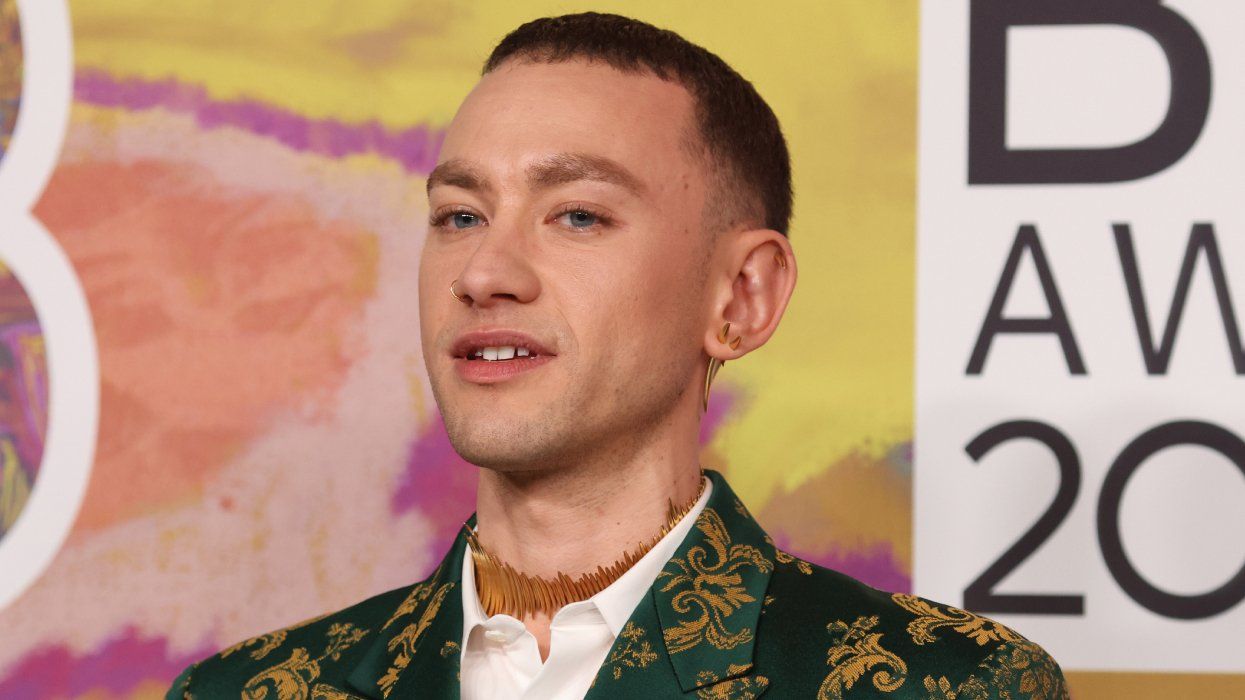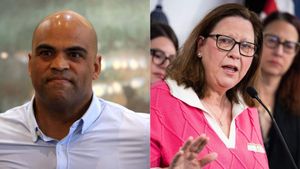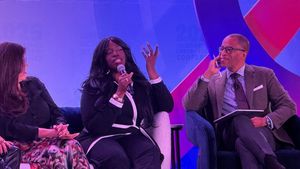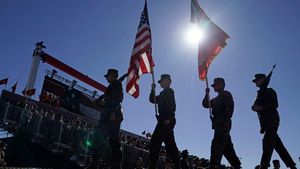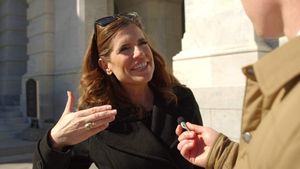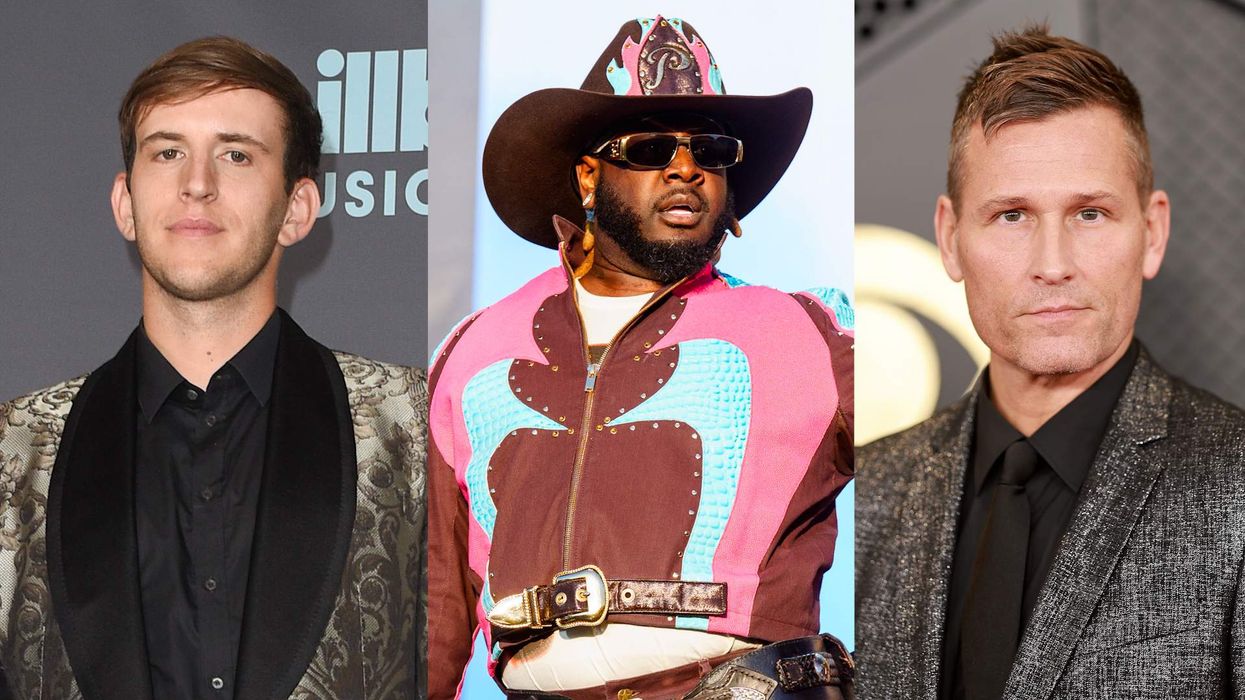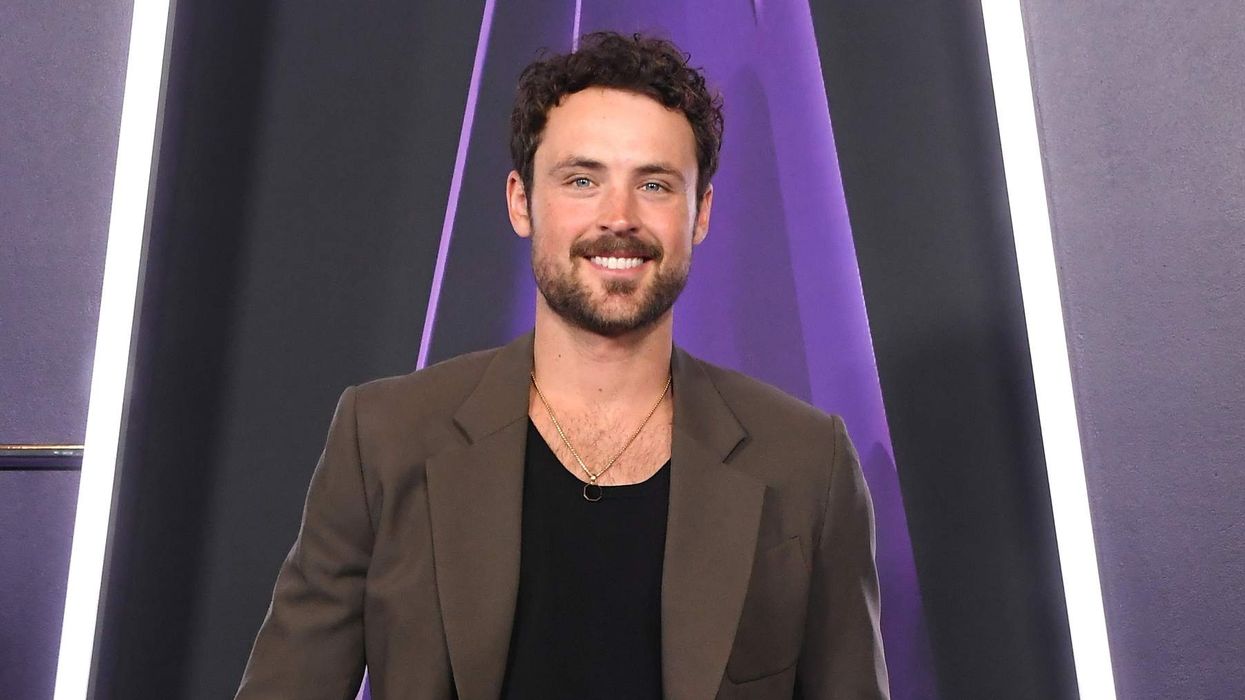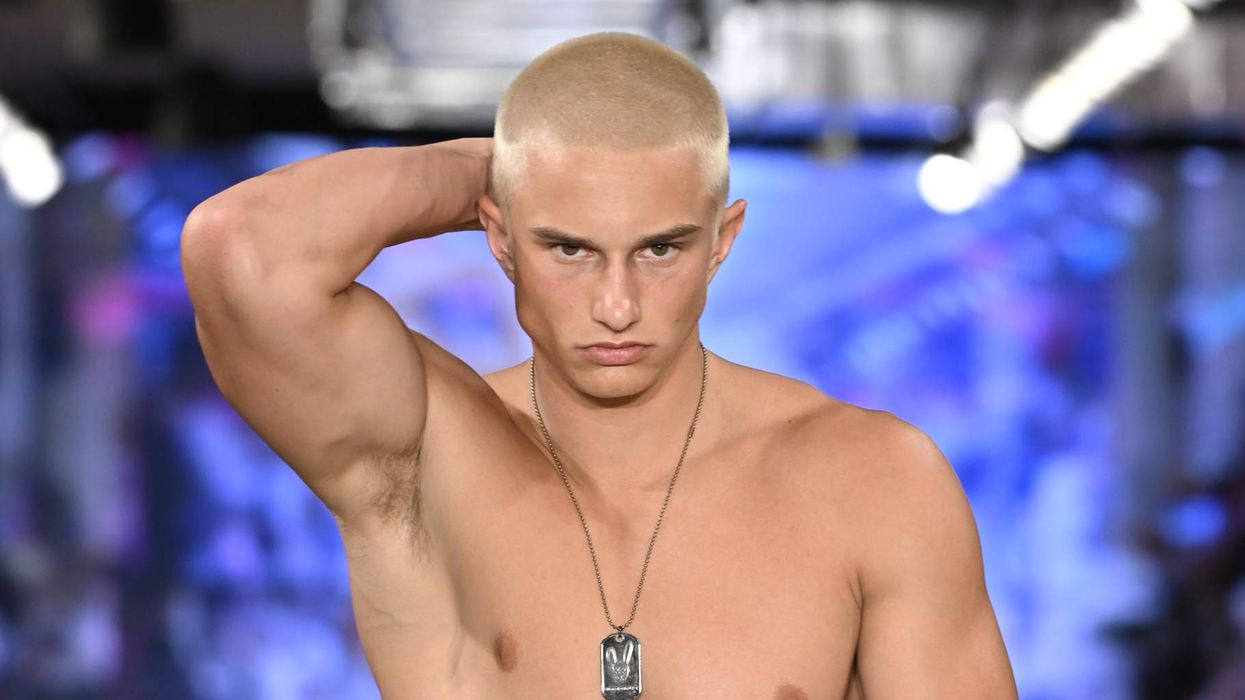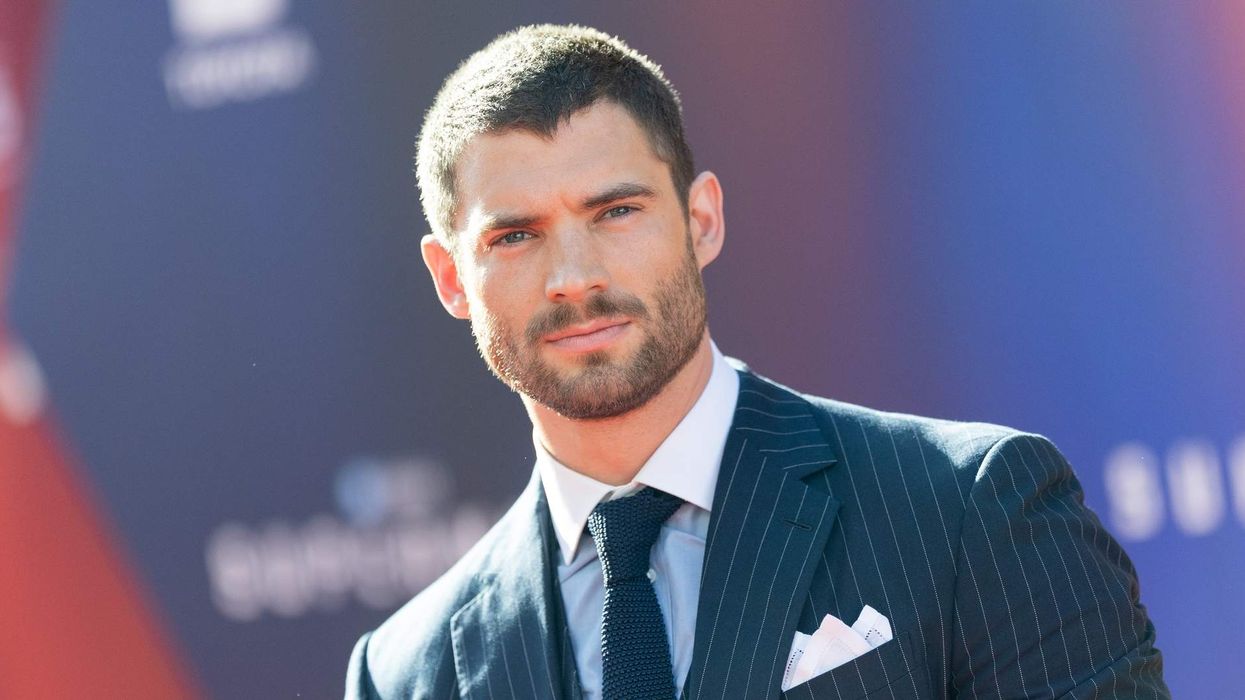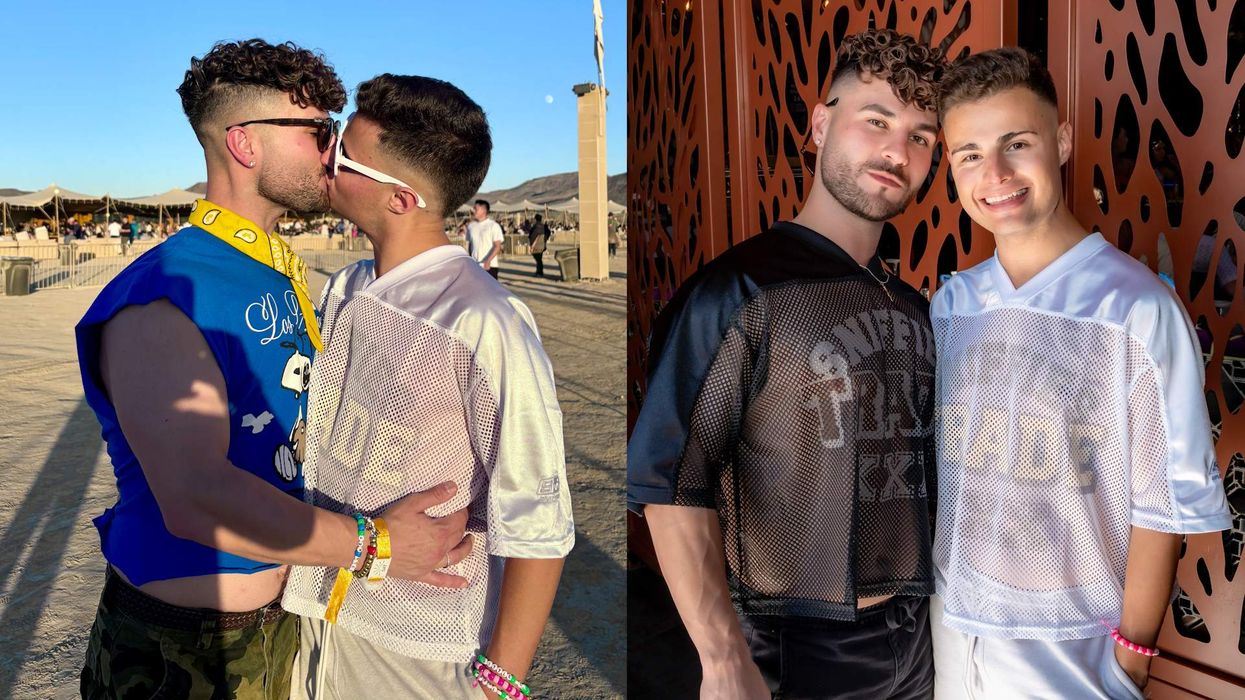Olly Alexander, the former frontman of Years & Years and a prominent figure on the limited TV series It's a Sin, is standing firm alongside fellow Eurovision competitors in dismissing calls for a boycott of this year's contest due to Israel's involvement.
The call for a boycott stemmed from an open letter signed by over 450 queer artists, individuals, and organizations under the banner of Queers for Palestine. The letter urged Alexander and others to withdraw from Eurovision in solidarity with Palestine.
The appeal for boycott received backing from the Palestinian Campaign for the Academic and Cultural Boycott of Israel, urging Eurovision participants to seize the moment to make history.
Alexander, in response, expressed his support for immediate actions toward a ceasefire in Gaza and the safety of civilians in both Palestine and Israel. He acknowledged the option of boycott but deemed it ineffective in achieving their shared objectives.
The collective letter, endorsed by Alexander and fellow contestants, such as nonbinary artist Bambie Thug from Ireland, highlighted their discomfort with remaining silent amidst the situation in the Occupied Palestinian Territories, particularly Gaza. They reaffirmed their stance against all forms of hate, including antisemitism and Islamophobia, emphasizing the importance of solidarity with the oppressed and the pursuit of peace.
Instead of withdrawing, Alexander also posted his own comments on Instagram, where he said it’s “taken him a lot of time to deliberate over what to do” and all of the options available to him, though he believes that removing himself from the contest wouldn’t “bring us any closer to our shared goal.”
Queers for Palestine offered another response, where they said they respected the decision of the Eurovision artists, but their opinions “downplay the genocide in Gaza by vaguely calling it a mere ‘situation.’”
The Eurovision grand final is scheduled for May 11 in Malmö, Sweden. Notably, over 1,000 Swedish artists have called for Israel to be excluded from the contest, echoing similar sentiments expressed by over 1,400 Finnish music industry professionals.
Overall, the decision to allow Israel’s participation has sparked accusations of double standards — particularly in contrast to Russia's ban from the competition in 2022 following its invasion of Ukraine.
